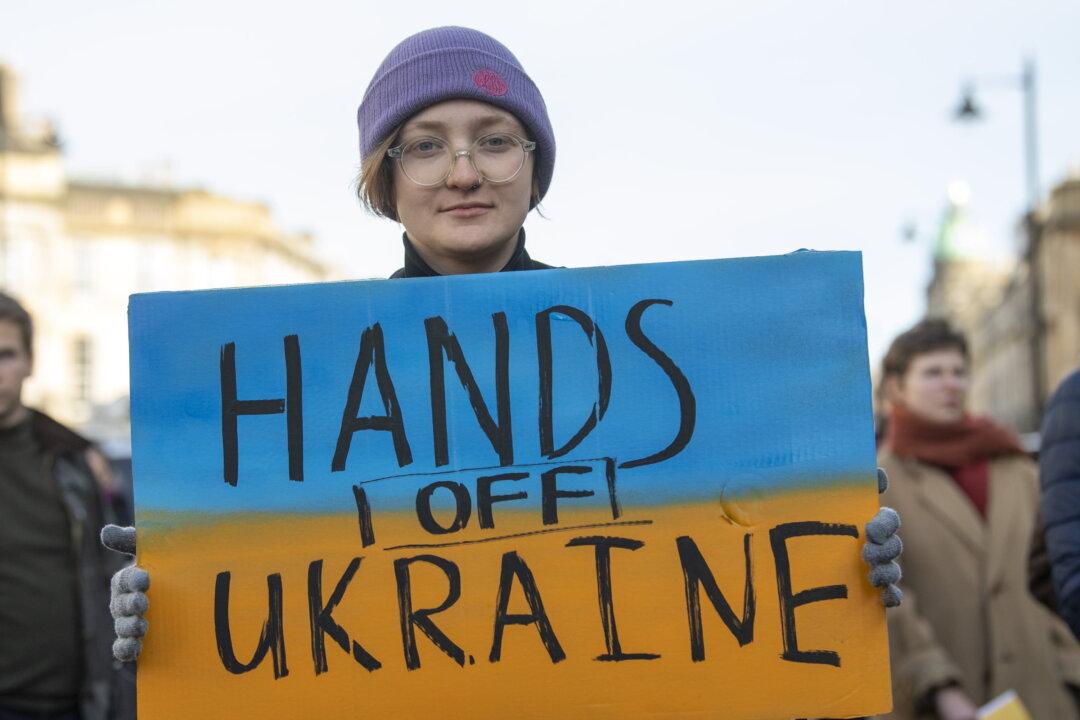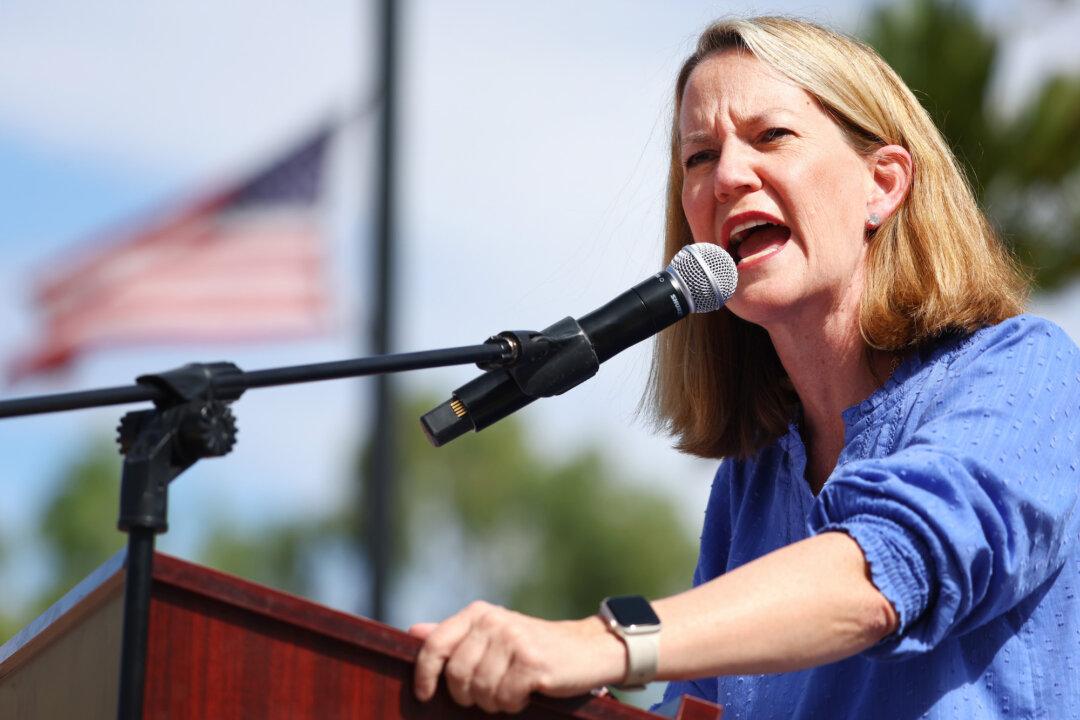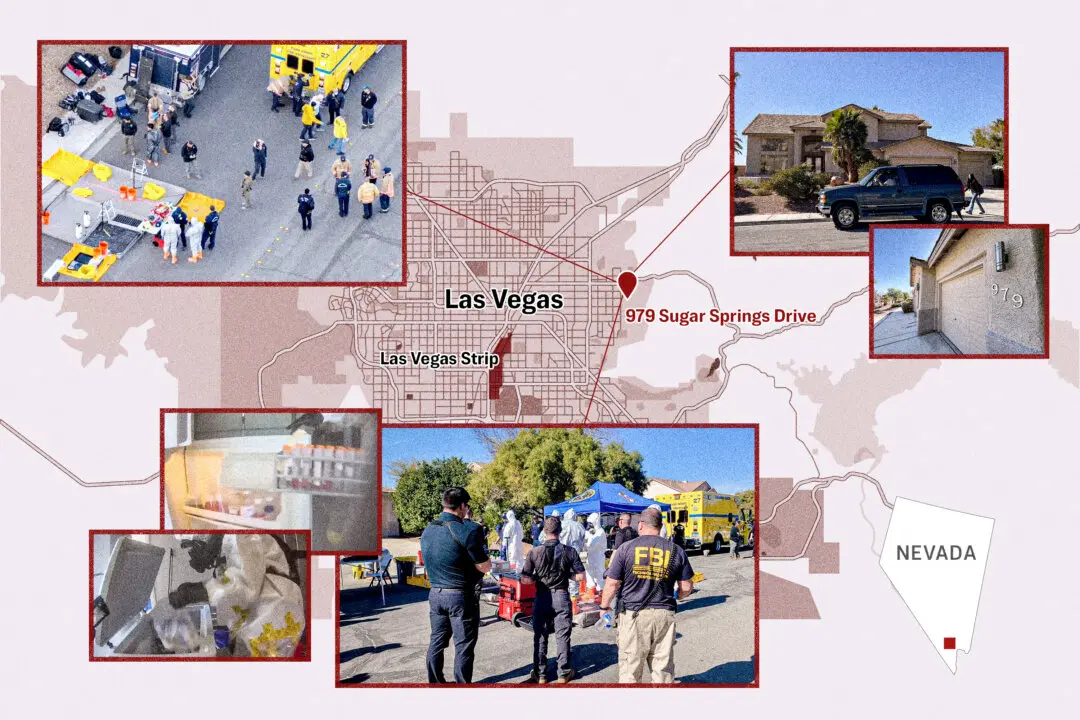The United Nations General Assembly approved on March 2 a resolution denouncing Russia’s invasion of Ukraine while calling for an immediate and peaceful withdrawal of all troops.
The vote was 141 to 5, with 35 of the body’s 193 members abstaining. It was the first time the assembly convened an emergency session since 1997.





